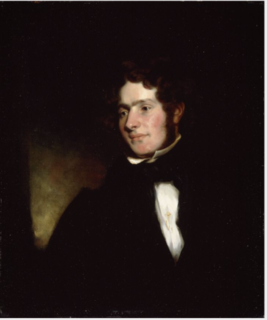A Quote by Jacqueline Woodson
I love slow readers. And readers who think about what I've written, think about how it's written - and copy me!
Related Quotes
My theory about writing is that one should write books you'd like to read, but no one else has written yet. So, as long as I stick with that, I'm entertaining myself, and then hopefully my readers as well. I hope to god I realize that I'm repeating myself, if I ever do. But if I don't, I'm sure my readers will let me know.
I've always kind of thought that reviews written by readers for readers are a kind of private space between consumers. It's their right to say anything they like about your material, and authors need to know that and respect that. As for my end, I'm aware of what my sales are, so I know that my books are working in the marketplace, at least for now, and beyond that, I have to just do my thing and stay focused.
I love the fact that so many of my readers are intelligent, exceptional, accomplished people with an open-minded love of diversity. But even more than that, I love it when my readers find lasting friendship with others of my readers - knowing that they met through their mutual affection for my books and characters makes me happy!






































